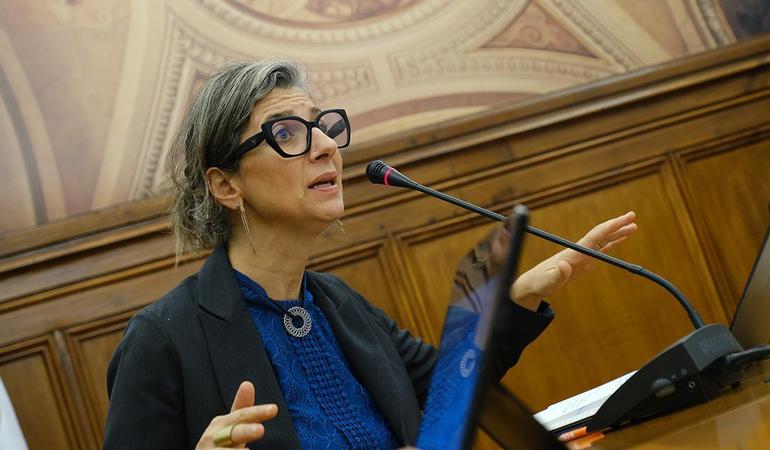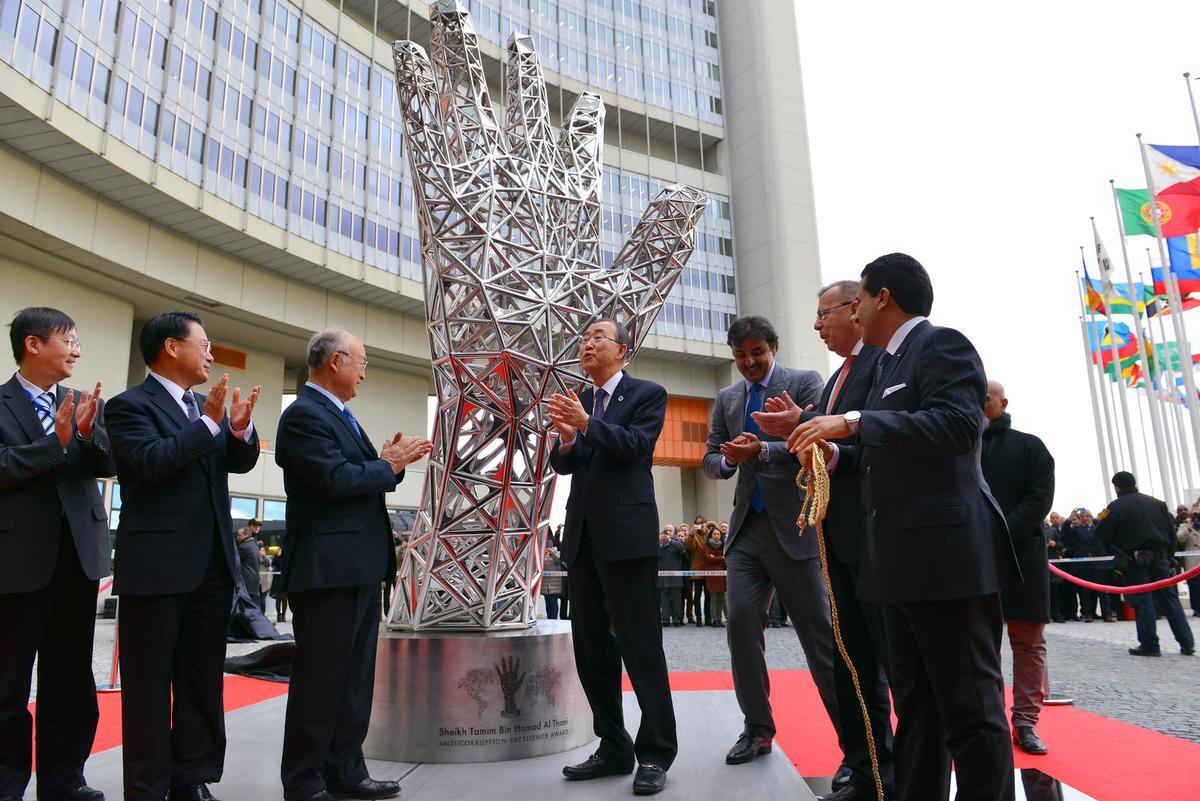
Francesca Albanese sotto sanzioni Usa. Banca Etica non può aprire il conto, ma chiede alla politica un impegno



9 dicembre 2024
We live in an era of growing asymmetries, in which the universal rhetoric of equality - of rights, responsibilities, opportunities, etc. - is accompanied by a ruthless acceleration of inequalities in income, power, wealth, knowledge, and living conditions. - is accompanied by a ruthless acceleration of inequalities in income, power, wealth, knowledge, living conditions. A similar chasm between symbolic representation and reality is opening in the microcosm of the fight against corruption. It has been 31 years since the UN's International Anti-Corruption Convention was approved in Merida, Mexico, and since then it has been the guiding star for all policies aimed at increasing transparency and integrity in the management of public affairs. To celebrate it, 9 December has for many years been declared World Anti-Corruption Day: the best way to publicly sanction the unanimous will of all governments on the planet, without exception, to commit themselves to eradicating, or at least containing, the devastating effects of a practice that, in the words of UN Secretary General Antonio Guterres, represents a "criminal and immoral betrayal of trust" and "a threat to the well-being of our societies, the future of our children and the health of our planet".
The fight against transnational organized crime, an urgent matter
It is hard to find a better example of what we could describe as ceremonial anti-corruption. The latter is usually practised in sumptuous convention halls where the delicacy of the buffets is proportional to the indignation with which, among others, the very representatives of the elites who are the creators or participants in the plundering of public resources denounce the devastating effects of corruption on the poorer sections of the population. In the same forums, it is usual to comment on worrying international rankings in which corruption - measured by the perceptions of Western 'experts' and businessmen - seems to afflict only the most economically and politically backward states. Realities such as the United States or Great Britain, i.e. countries in which the persuasive power of the most powerful economic-financial lobbies determines the governmental agenda, keeping the entire political class on a leash of electoral funding, would be almost immune.
Of course, this distortion is so deeply embedded in the gears of public power that it goes unnoticed, so much so that rulers often manage to salve their consciences and reassure their voters by beating the drum of ritual anti-corruption. Citizens thus run the risk of overlooking, not recognising, precisely those more insidious forms of 'legalised' corruption, in which the very definition of the elusive 'collective interests' is bent to the logic of profit for the few. To quote Robert M. Pirsig, author of Zen and the Art of Motorcycle Maintenance, in many democracies today, the most dangerous forms of corruption are ignored for two reasons: "Some things we overlook because they are tiny. Others we do not see precisely because they are huge'.
La tua donazione ci servirà a mantenere il sito accessibile a tutti
La tua donazione ci servirà a mantenere il sito accessibile a tutti